Temporary Exemption granted for Telecom Equipment under MTCTE
The Telecommunication Engineering Centre (TEC) under India’s Department of Telecommunications has issued a notification granting a temporary exemption from the submission of test reports for specific technical parameters listed under multiple Essential Requirements (ERs) within the Mandatory Testing and Certification of Telecom Equipment (MTCTE) framework. These exemptions, effective until June 30, 2025, or until further notice, apply to various telecom equipment categories such as Mobile Radio Trunking Systems (MRTS), GSM, WCDMA, LTE repeaters, VHF/UHF radio systems, ADSL/VDSL/SHDSL interfaces, optical fiber cables, and satellite communication terminals. Affected parameters include frequency bands, power outputs, interface specifications, and other conformance criteria, typically mandated under national and international standards like ETSI, 3GPP, ITU-T, and IEC. Telecom Equipment usually require TEC certification in order to be approved for import and sale in India.

The TEC certification has been mandatory since April 2019. Every year the Telecommunication Engineering Center (TEC) expands the certification catalog and adds more telecom products. See the list of TEC standards here.
If you are interested in understanding what requirements are needed for your product to be imported into India, please do not hesitate to contact us by email or phone (Europe: +49-69-271 37 69 261, US: +1 773 654-2673).
For more information about TEC certification, please refer to our free brochure “TEC Certification Made Easy“.
Amended Rules Ease Import Restrictions for Refrigeration Appliance Components in India
The Indian Ministry of Commerce and Industry has issued an amendment to the existing Refrigerating Appliances (Quality Control) Order, 2020. The updated regulation, titled the Refrigerating Appliances (Quality Control) Amendment Order, 2025, took effect upon its publication in the Official Gazette. Under the revised provisions, exemptions have been introduced for specific categories of refrigerating appliance imports. Manufacturers certified by the Bureau of Indian Standards (BIS) or those who have applied for BIS certification are now permitted to import components of refrigerating appliances for export production. These exemptions are granted on the condition that manufacturers provide a self-declaration—on official letterhead and signed by an authorized representative—detailing the consignment and affirming that the imported parts will not be diverted to the domestic market. Records of such imports must be maintained for potential audits or verification by government authorities.
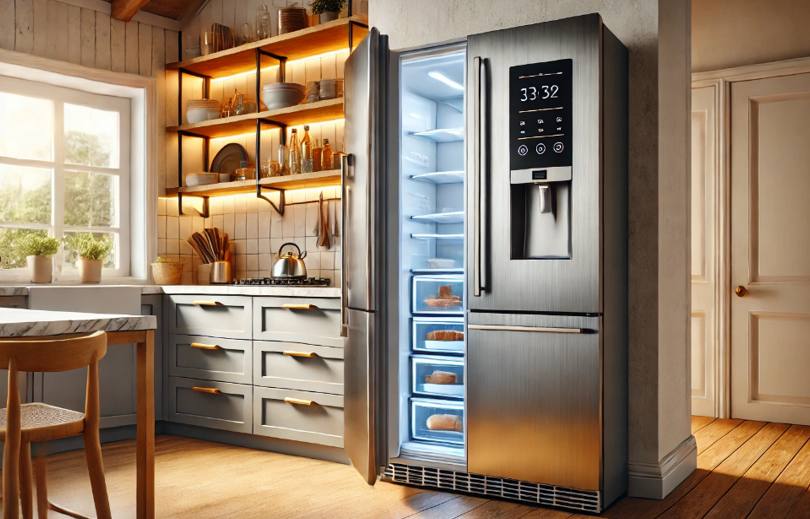
Additionally, the Order now allows certified manufacturers—or those in the process of obtaining certification—to import up to 200 units per year for research and development purposes. These goods must not be commercially sold and must be disposed of as scrap after use. Manufacturers are required to keep annual records of these imports and provide the data to the Central Government upon request. Refrigeration appliances usually require BIS certification in order to be approved for import and sale in India.
If you are interested in understanding what requirements are needed for your product to be imported into India, please do not hesitate to contact us by email or phone (Europe: +49-69-271 37 69 261, US: +1 773 654-2673). If a certification need is discovered we can provide a quotation to make sure that all your certification needs are covered.
If you have any questions you can also use our chat-window in the bottom right. (Please check your browser settings if you can’t see the window)
For more information about BIS certification, please refer to our free brochure “BIS Certification Made Easy“.
India introduces Quality Control Order for Flashlights
The Ministry of Commerce and Industry has issued the Flashlight (Quality Control) Order, 2025, under the Bureau of Indian Standards (BIS) Act, 2016. Effective from its publication in the Official Gazette, this order mandates that flashlights must conform to Indian Standard 2083:2024 and bear the Standard Mark under a license from BIS, following Scheme-1 of Schedule II of the BIS (Conformity Assessment) Regulations, 2018. Compliance deadlines are six months for general manufacturers, nine months for small enterprises, and twelve months for micro enterprises. However, the order does not apply to domestically manufactured goods intended for export or to up to fifty imported flashlights per year for research and development purposes, provided they are not sold commercially and are disposed of as scrap.
Other than that, flashlights will generally require BIS certification to be approved for import and sale in India.
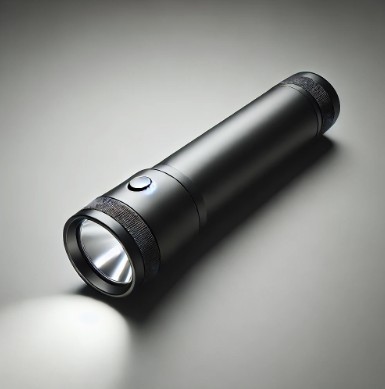
BIS is designated as the certifying and enforcement authority for flashlights under this order. Any violation of its provisions will result in penalties as per the BIS Act, 2016. The latest version of the Indian Standard, including any amendments notified by BIS, will apply.
If you are interested in understanding what requirements are needed for your product to be imported into India, please do not hesitate to contact us by email or phone (Europe: +49-69-271 37 69 261, US: +1 773 654-2673). If a certification need is discovered we can provide a quotation to make sure that all your certification needs are covered.
If you have any questions you can also use our chat-window in the bottom right. (Please check your browser settings if you can’t see the window)
For more information about BIS certification, please refer to our free brochure “BIS Certification Made Easy“.
New BIS Quality Control Orders Implementations next Month – March 2025
We regularly publish advance information from the Bureau of Indian Standards (BIS) on new Quality Control Orders that will soon come into force. Affected products require BIS certification in order to be approved for import and distribution in India. Within March 2025, several standards will come into effect, including for Polycarbonate and Polyurethanes, various kind of fasteners and screws, and different kinds of wrenches.
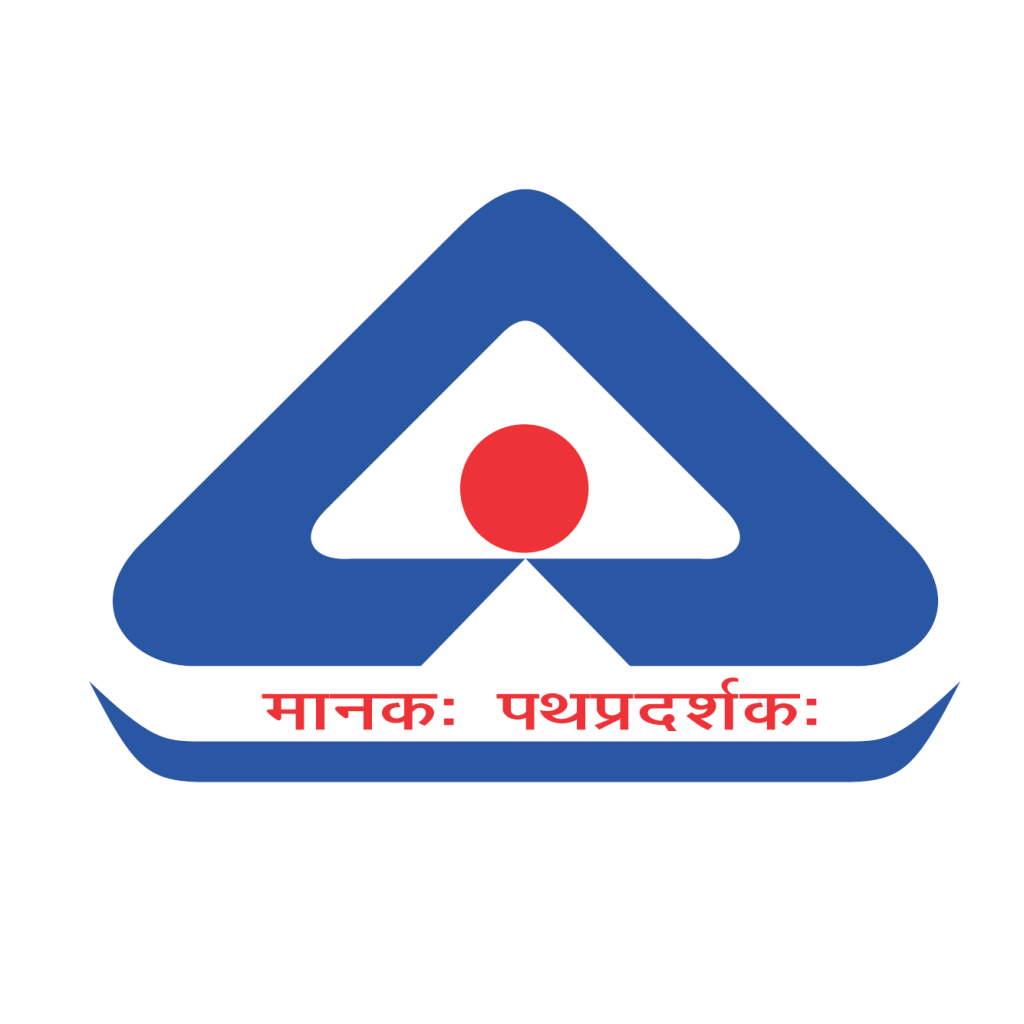
The BIS Quality Control Orders (QCOs) are mandatory regulations that ensure that certain products meet national quality standards. While BIS standards are normally voluntary, QCOs make compliance mandatory for affected products. Violations of QCOs can result in severe penalties.
Here you will find an overview of the new Quality Control Orders that will come into force next month:
| Product/ Produkt | Indian Standard/ Indischer Standard | Enforcement date / Implementierungsdatum |
| Safety of household and similar electrical appliances – particular requirements – appliances for skin or hair care | IS 302 (Part 2/Sec 23): 2009 | 05 March 2025 |
| Polycarbonate | IS 14434 : 1998 | 12 March 2025 |
| Beta Picoline | IS 16112:2013 | 13 March 2025 |
| Sodium Tripolyphosphate, Anhydrous, Technical | IS 6100:1984 | 13 March 2025 |
| Pyridine | IS 8058:2018 | 13 March 2025 |
| p-Xylene | IS 17370: 2020 | 19 March 2025 |
| Polyurethanes | IS 17397 (Part 1): 2020/ISO 16365-1:2014 | 19 March 2025 |
| Fasteners – Cross Recessed Drilling Screws with Tapping Screw Thread Part 1 Pan Head | IS 18471 (Part 1) : 2023/ ISO 15481:1999 | 20 March 2025 |
| Fasteners – Cross Recessed Drilling Screws with Tapping Screw Thread Part 2 Countersunk Head | IS 18471 (Part 2) :2023/ ISO 15482:1999 | 20 March 2025 |
| Fasteners – Cross Recessed Drilling Screws with Tapping Screw Thread Part 3 Raised Countersunk Head | IS 18471 (Part 3) :2023/ ISO 15483:1999 | 20 March 2025 |
| Fasteners – Hexagon Washer Head Drilling Screws with Tapping Screw Thread | IS 18476 : 2023/ ISO 15480:2019 | 20 March 2025 |
| Cross Recessed Tapping Screws: Part 1 Pan Head | IS 18480 (Part 1) :2023/ ISO 7049 : 2011 | 20 March 2025 |
| Cross Recessed Tapping Screws Part 2 Countersunk Flat Head | IS 18480 (Part 2) :2023/ ISO 7050 : 2011 | 20 March 2025 |
| Cross Recessed Tapping Screw Part 3 Raised Countersunk Oval Head | IS 18480 (Part 3) :2023/ ISO 7051 : 2011 | 20 March 2025 |
| Pan Head Screws With Type H or Type Z Cross Recess – Product Grade A | IS 7483 : 2018/ ISO 7045 : 2011 | 20 March 2025 |
| Countersunk Flat Head Screws (Common head Style) With Type H or Type Z Cross Recess – Product Grade A Part 1 Steel Screws of Property Class 4.8 | IS 7485 (Part 1) : 2018/ ISO 7046 -1 : 2011 | 20 March 2025 |
| Countersunk flat head screws (common head style) with type H or Type Z Cross Recess – Product Grade A part 2 Steel Screws of Property Class 8.8, Stainless Steel Screws and Non – Ferrous Metal Screws | 7485 (Part 2) : 2018/ISO 7046-2 : 2011 | 20 March 2025 |
| Raised countersunk head screws (Common Head Style) with type H or type Z cross recess – Product grade A | IS 7486 : 2018/ ISO 7047 : 2011 | 20 March 2025 |
| Drywall Screws – Specification | IS 18507 : 2024 | 20 March 2025 |
| Chipboard Screws – Specification | IS 18508 : 2024 | 20 March 2025 |
| Cross-recessed Countersunk Head Wood Screws – Specification | IS 18509 : 2023 | 20 March 2025 |
| Chain Pipe Wrenches | IS 4123:1982 | 24 March 2025 |
| Open Ended Slugging Wrenches (Spanners) | IS 4508:1992 | 24 March 2025 |
| Ring Slugging Wrenches (Spanners) | IS 4509:1992 | 24 March 2025 |
| Single-ended Open-jaw Adjustable Wrenches | IS 6149:1984 | 24 March 2025 |
| Open-Jaw Wrenches (Spanners) | IS 2028:2004 | 24 March 2025 |
| Ring Wrenches (Spanners) | IS 2029:1998 | 24 March 2025 |
| Pipe Wrenches –General Purpose | IS 4003 (Part 1): 1978 | 24 March 2025 |
| Pipe Wrenches – Heavy Duty | IS 4003 (Part 2): 1986 | 24 March 2025 |
| Combination Side Cutting Pliers | IS 3650:1981 | 24 March 2025 |
| Ethyl Acrylate | IS 14708:1999 | 31 March 2025 |
| Vinyl Acetate Monomer | IS 12345:1988 | 31 March 2025 |
If you are interested in understanding what requirements are needed for your product to be imported into India, please do not hesitate to contact us by email or phone (Europe: +49-69-271 37 69 261, US: +1 773 654-2673). If a certification need is discovered we can provide a quotation to make sure that all your certification needs are covered.
If you have any questions you can also use our chat-window in the bottom right. (Please check your browser settings if you can’t see the window)
For more information about BIS certification, please refer to our free brochure “BIS Certification Made Easy“.
Updated Certification Rules for Telecom Equipment in India – TEC 93009:2024
The Telecommunication Engineering Centre (TEC) in India has announced amendments to the Mandatory Testing and Certification of Telecom Equipment (MTCTE) Procedure v3.0 (TEC 93009:2024). These changes, which take immediate effect, refine the definitions and certification criteria for telecom equipment. Products in the telecommunications sector usually require TEC certification to be approved for import and sale in India.

One key amendment updates Clause 2.1(iii) to define an “Associated Model” as a telecom equipment variant with identical software but different hardware configurations, such as chassis, motherboards, or access ports derived from an already tested and certified main model. Additionally, Clause 2.1(xiv) now states that a “Model” is identified by unique hardware or software versions. Any difference in these aspects results in a distinct model designation.
Further changes clarify that combinations of independent telecom equipment forming a system are not certified under MTCTE. Instead, each piece of equipment must be tested and certified separately.
The TEC certification has been mandatory since April 2019. Every year the Telecommunication Engineering Center (TEC) expands the certification catalog and adds more telecom products. See the list of TEC standards here.
If you are interested in understanding what requirements are needed for your product to be imported into India, please do not hesitate to contact us by email or phone (Europe: +49-69-271 37 69 261, US: +1 773 654-2673).
For more information about TEC certification, please refer to our free brochure “TEC Certification Made Easy“.
New BIS Quality Control Orders Implementations next Month – February 2025
We regularly publish advance information from the Bureau of Indian Standards (BIS) on new Quality Control Orders that are about to come into force. Affected products must be BIS certified to be approved for import and distribution in India. Within the next month, several standards will come into force, including several kinds of wood board, plywood and wooden flush door shutters, announced by the Indian Department for Promotion of Industry and Internal Trade.
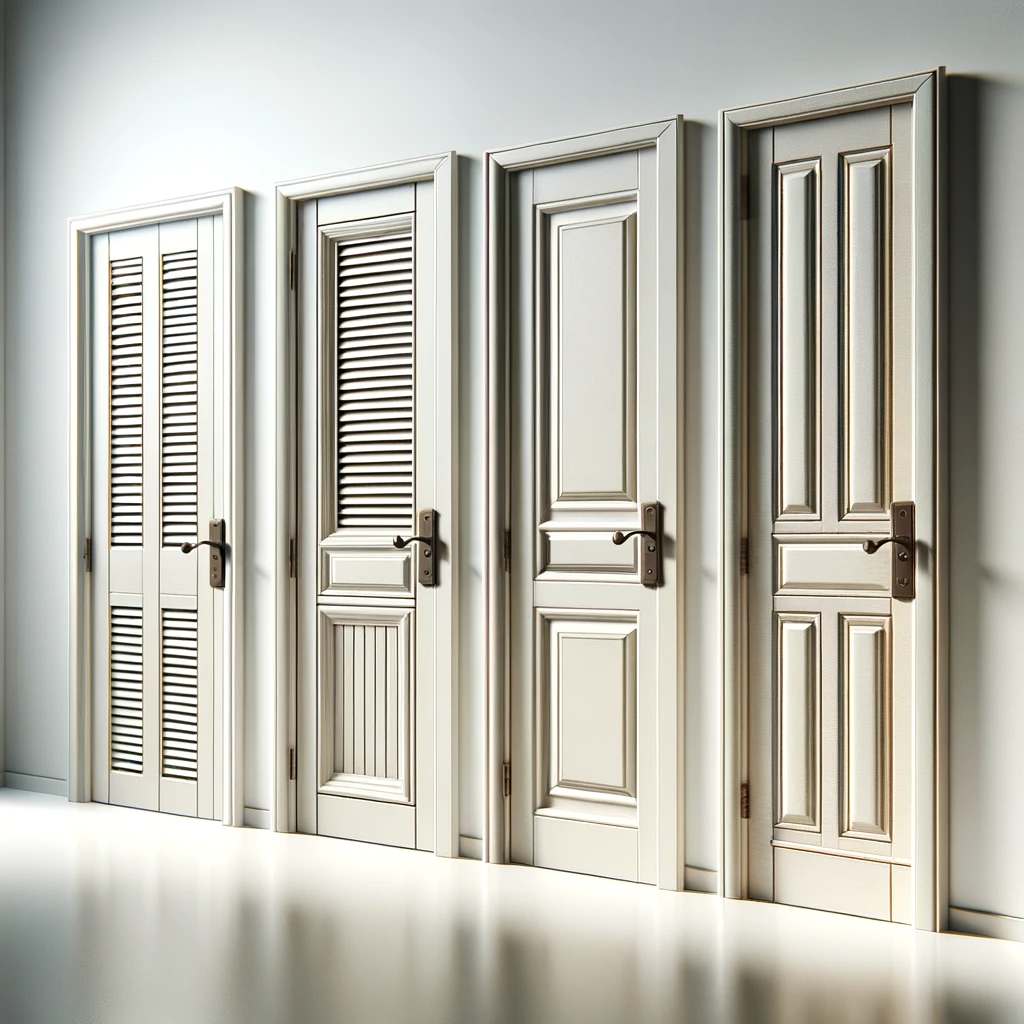
The Bureau of Indian Standards (BIS) Quality Control Orders (QCOs) are mandatory regulations that ensure that certain products meet national quality standards. While BIS standards are usually voluntary, QCOs make compliance mandatory for affected products. This serves to protect people, animals and the environment as well as to ensure product quality in India. QCOs apply to a wide range of products such as chemicals, metals, toys, and electrical appliances. Violations of QCOs can result in severe penalties, including fines or imprisonment.
New BIS Quality Control Orders coming into effect during February 2025:
| Product/ Produkt | Indian Standard/ Indischer Standard | Enforcement date / Implementierungsdatum |
| Block boards | IS 1659:2004 | 11 February 2025 |
| Prelaminated particle boards from wood and other Lignocellulosic material | IS 12823:2015 | 11 February 2025 |
| Particle boards of wood and other lignocellulosic materials (medium density) for general purposes | IS 3087:2005 | 11 February 2025 |
| Medium density fibre boards for general purpose | IS 12406:2021 | 11 February 2025 |
| Veneered particle boards | IS 3097:2006 | 11 February 2025 |
| Plywood for general purpose | IS 303 : 1989 | 28 February 2025 |
| Wooden flush door shutters (solid core type) – Plywood face panels | IS 2202 (Part 1) : 1999 | 28 February 2025 |
| Marine plywood | IS 710 : 2010 | 28 February 2025 |
| Fire retardant plywood | IS 5509 : 2021 | 28 February 2025 |
| Veneered decorative plywood | IS 1328 : 1996 | 28 February 2025 |
| Wooden flush door shutters (cellular and hollow core type) – Particle board and hardboard face panels | IS 2191 (Part 2): 2022 | 28 February 2025 |
| Wooden flush door shutters (cellular and hollow core type) – Plywood face panels | IS 2191 (Part 1): 2022 | 28 February 2025 |
| Wooden Flush Door Shutters (Solid core type) – Particle board, High Density Fibre Board, Medium Density Fibre Board and Fibre Hardboard Face Panels | IS 2202 (Part 2): 2022 | 28 February 2025 |
| Plywood for concrete shuttering works – Specification | IS 4990 : 2011 | 28 February 2025 |
| Structural plywood – Specification | IS 10701 : 2012 | 28 February 2025 |
If you are interested in understanding what requirements are needed for your product to be imported into India, please do not hesitate to contact us by email or phone (Europe: +49-69-271 37 69 261, US: +1 773 654-2673). If a certification need is discovered we can provide a quotation to make sure that all your certification needs are covered.
If you have any questions you can also use our chat-window in the bottom right. (Please check your browser settings if you can’t see the window)
For more information about BIS certification, please refer to our free brochure “BIS Certification Made Easy“.
Announcement of New Regulatory Measures for Machinery Installations in India
India’s Ministry of Heavy Industries (MHI) has announced updated regulatory measures in 2024 that could impact the machinery and industrial sectors.

The following product categories have been included in the mandatory BIS catalogue:
- All types of Pumps for handling liquids, liquid elevators and (or)their assemblies /sub-assemblies /components
- All types of compressors and(or)their assemblies /sub-assemblies /components
- All types of machinery for treatment of material by a process involving a change of temperature and(or)their assemblies /sub-assemblies /components
- All types of centrifuges, filtering or purifying machinery for liquid and gas and(or)their assemblies /sub-assemblies /components
- All types of machinery for filling, closing, sealing, labelling bottles, packing or wrapping and(or)their assemblies/subassemblies /components
- All types of cranes and (or) their assemblies /sub-assemblies/components
- All types of machinery for construction, earthmoving, Mining and (or)their assemblies /subassemblies/components
- All types of weaving machines (looms) and (or) their assemblies/ sub-assemblies / components
- All types of machinery for making embroidery and (or) their assemblies /sub-assemblies /components
- All types of metal cutting machines tools covered under the heading 8456 to 8461 and (or) their assemblies /sub-assemblies/components
- All types of machine tools for working stone, ceramics, concrete, asbestos cement or like mineral glass and (or)their assemblies /subassemblies /components
- All types of machinery for working rubber and plastics and(or) their assemblies /sub-assemblies /components
- All types of Machines including the machines for public works & building and the machinery & mechanical appliances having individual functions, not specified Or included elsewhere in Chapter 84 and(or)their assemblies/subassemblies /components
- All types of gears and gearing, toothed wheels, chain sprocket, transmission elements ball or roller screws, gear boxes and speed changers, including torque converters And (or)their assemblies /sub-assemblies /components
- All types of Rotary electrical machines such as Generator, etc. and (or) their assemblies /sub-assemblies /components
- All types of Diesel Generator and (or) their assemblies /sub-assemblies /components
- All types of Transformers and (or) their assemblies /sub-assemblies /components
- All types of Power Semiconductor Converter and (or) their assemblies /sub-assemblies /components
- All types of switch gear and control gear equipment operating at voltages not exceeding 1000 volts and (or) their assemblies /sub-assemblies /components
- All types of switch gear and control gear equipment operating at voltages exceeding 1000 volts and (or) their assemblies /sub-assemblies /components
The aim of the measures is to promote modernisation, increased efficiency and greater integration into broader policy initiatives. Compliance with the new requirements will be an essential prerequisite for the import and marketing of machinery equipment in India. The exact effects will become clear in the course of the year. Among other things, there is the possibility that machine systems will require BIS certification in the future.
The implementation date of the new regulations is August 28, 2025. The application is already possible, but compared to the regular BIS certification, considerably longer processing times are to be expected. On the one hand, because additional clarification will be required and on the other hand, because the authority has an increased workload due to the implementation of the new requirements.
According to our current assessments, an extension of the deadline seems inevitable in view of the delays in the litigation. Such an extension would be necessary to avoid economic damage caused by an import ban. Nevertheless, a decision on this is not expected until a few weeks before the current deadline expires. Companies are advised to start their procedures early, build up inventory, and prepare for the inevitable implementation of requirements.
If you are interested in understanding what requirements are needed for your product to be imported into India, please do not hesitate to contact us by email or phone (Europe: +49-69-271 37 69 261, US: +1 773 654-2673). If a certification need is discovered we can provide a quotation to make sure that all your certification needs are covered.
If you have any questions you can also use our chat-window in the bottom right. (Please check your browser settings if you can’t see the window)
For more information about BIS certification, please refer to our free brochure “BIS Certification Made Easy“.
New BIS Quality Control Orders Implementations next Month – January 2025
We regularly publish advance information from the Bureau of Indian Standards (BIS) on new Quality Control Orders that will soon come into force. For the next month, the Bureau of Indian Standards (BIS) has announced new Quality Control Orders (QCOs) that will take effect starting January 14, 2025. Products falling under these orders must obtain BIS certification to be approved for import and sale in India. The affected products include resin-treated compressed wood laminates (compregs) for electrical, chemical, and general purposes.
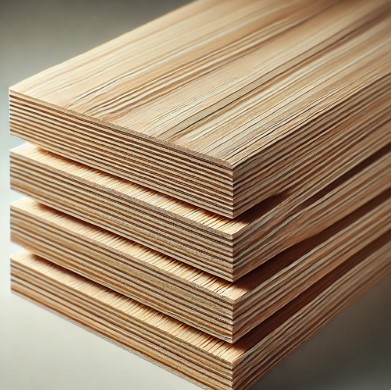
These QCOs are issued under the Department for Promotion of Industry and Internal Trade and cover the following standards: IS 3513 (Part 1) for electrical purposes, IS 3513 (Part 2) for chemical purposes, and IS 3513 (Part 3) for general purposes. Compliance with these mandatory regulations ensures adherence to national quality standards and supports product safety and reliability in India.
If you are interested in understanding what requirements are needed for your product to be imported into India, please do not hesitate to contact us by email or phone (Europe: +49-69-271 37 69 261, US: +1 773 654-2673). If a certification need is discovered we can provide a quotation to make sure that all your certification needs are covered.
If you have any questions you can also use our chat-window in the bottom right. (Please check your browser settings if you can’t see the window)
For more information about BIS certification, please refer to our free brochure “BIS Certification Made Easy“.
BIS Certification Exemptions for Retro-Reflective Bicycle Devices in India
The Central Government, under the Bureau of Indian Standards Act, 2016, has issued an amendment to the 2023 Quality Control Order for retro-reflective devices used on bicycles. This amendment introduces exemptions for specific manufacturers and importers, effective from October 17, 2024, the date of its publication in the Official Gazette. Retro-reflective devices usually require BIS certification to be approved for import and sale in India.
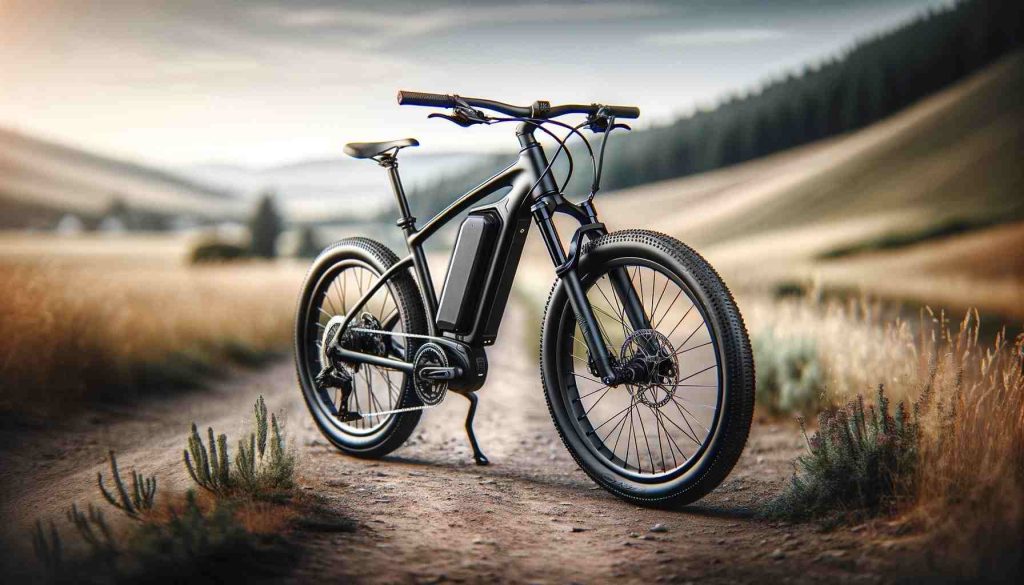
The amendment grants exemptions for manufacturers importing retro-reflective devices solely for the production of bicycles meant for export. These manufacturers must submit a self-declaration, including invoice and consignment details, confirming the devices are for export purposes and will not enter the domestic market. Records of these imports must be kept for government audits. Additionally, manufacturers are allowed to import up to 200 units annually for research and development purposes. These R&D imports cannot be sold and must be scrapped after use, with records maintained for government review.
If you are interested in understanding what requirements are needed for your product to be imported into India, please do not hesitate to contact us by email or phone (Europe: +49-69-271 37 69 261, US: +1 773 654-2673). If a certification need is discovered we can provide a quotation to make sure that all your certification needs are covered.
If you have any questions you can also use our chat-window in the bottom right. (Please check your browser settings if you can’t see the window)
For more information about BIS certification, please refer to our free brochure “BIS Certification Made Easy“.
BIS Certification Requirements for Polyurethane in India
The Bureau of Indian Standards (BIS) has established mandatory certification for polyurethane (PU) products under the Polyurethanes Quality Control Order. To comply, manufacturers must ensure their products meet the specifications outlined in IS 17397 (Part 1): 2020 or ISO 16365-1: 2014. This certification covers essential quality parameters, including performance, durability, and safety. Under Scheme-I of Schedule-II of the BIS Conformity Assessment Regulations, 2018, polyurethane products must bear the BIS Standard Mark to be approved for import and sale in India.
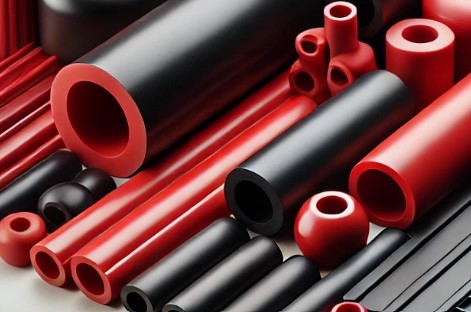
Initially introduced in September 2021, the Quality Control Order was amended in September 2024, setting March 19, 2025, as the deadline for mandatory implementation. The BIS certification applies to all types of polyurethane, whether thermosetting or thermoplastic, and is crucial for applications in adhesives, coatings, and synthetic fibers. Compliance with BIS certification ensures that polyurethane products meet the required standards for quality and safety, providing manufacturers with market access while maintaining regulatory compliance.
If you are interested in understanding what requirements are needed for your product to be imported into India, please do not hesitate to contact us by email or phone (Europe: +49-69-271 37 69 261, US: +1 773 654-2673). If a certification need is discovered we can provide a quotation to make sure that all your certification needs are covered.
If you have any questions you can also use our chat-window in the bottom right. (Please check your browser settings if you can’t see the window)
For more information about BIS certification, please refer to our free brochure “BIS Certification Made Easy“.



